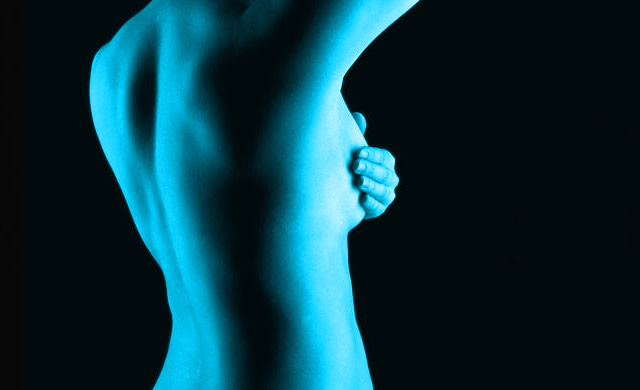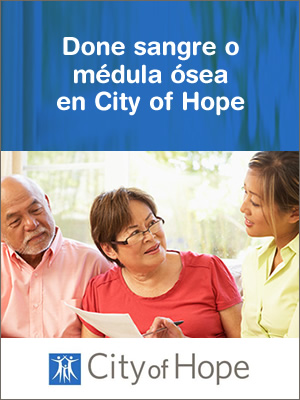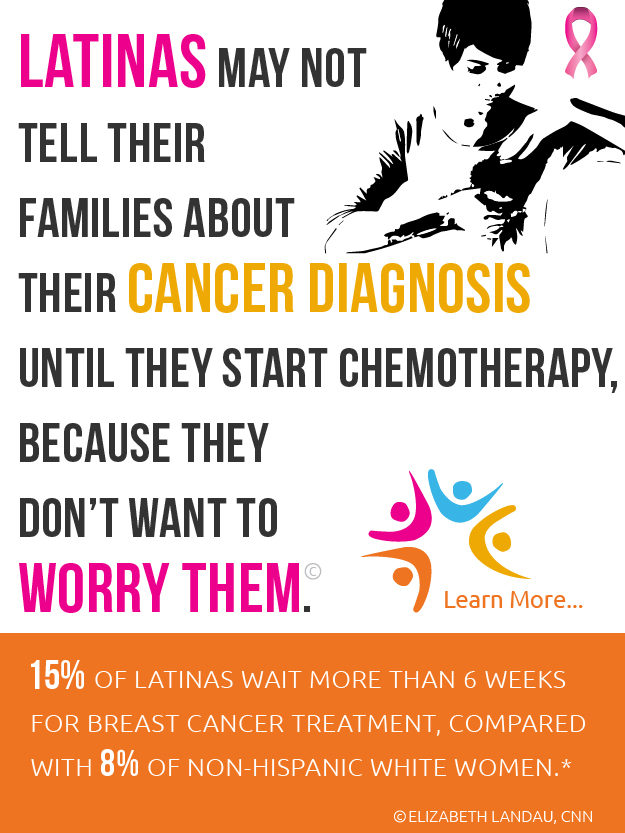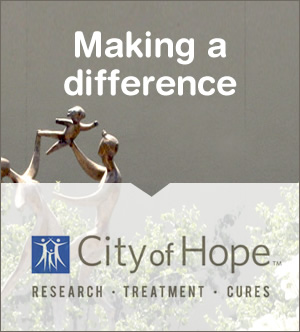
Self-Screening Can Change Your Life
08/19/2015 03:03PM | 9558 viewsAre you afraid to look too closely at your health because you’re afraid you’ll find something wrong? Ignorance may be bliss in some situations, but when it comes to your health, ignorance can put you at great risk. Living in fear of getting sick can become a self-fulfilling prophecy if you don’t take the necessary preventative steps to protect and maintain your health – and that includes self-screening for chronic diseases, especially when you are at greater risk because of age, sex, ethnicity, family history, and/or genetic predisposition.
Some people mistakenly equate any kind of illness as punishment for something they’ve done wrong. Ironically, the only wrongs you can directly link to your health are the things you don’t do. The self-screening you fail to perform. The symptoms you continue to ignore. The preventative actions you refuse to take.
The double irony is that finding something wrong because you were proactive about it is exactly what can save you from the punishing effects of illness – and even save your life. Self-screening increases your chances of detecting the early warning signs of chronic disease in time to take preventative action; of finding chronic disease in the early, most treatable stages; of being cured completely.
Unfortunately, people don’t want to think about self-screening, especially when they’re feeling fine and healthy. As Hispanics, we may be even less likely to self-screen than the general population because of three prevailing attitudes:
- The magical belief that if we look for something wrong we are sure to find it.
- The fatalistic thinking that if we have something serious it’s not going to be treatable and it’s too late to cure.
- The mentality that we’d hear from the medical establishment if there was something to worry about; in other words, no news is good news.
This last attitude highlights the lack of communication and outreach from the medical community to the Hispanic community, which perpetuates the thinking that patients must come to the doctor, never the other way around. For populations at risk, this can lead to higher rates of chronic disease, which is exactly what we are seeing in the Hispanic community. For example, as I mentioned in another article, there is a high percentage of diabetes in the Hispanic community and the growth rate in young Latinos is the highest in the country. In fact, Hispanics are more than one and a half times likely to develop diabetes than non-Hispanic whites, and it is the fifth leading cause of death in the community, according to the Centers for Disease Control.
The best way we can make a difference and begin to turn these stats around is to go out into the community and become more active partners in the health care journey of those we serve – trusted partners who have earned the right to be heard so that when we explain the importance of self-screening, we can break through the magical thinking and fatalistic attitudes that people cling to for lack of better knowledge. With greater understanding, we can start to lessen people’s fear of the unknown and turn it into an opportunity to take control over their own health.
For this to happen, the medical community must become more active in engaging the Hispanic community and helping them embrace the importance of self-screening. There are proven ways to conduct outreach but they have been underutilized and efforts to date have been piecemeal, often targeting more affluent pockets of the community while ignoring the larger but less well-off population.
City of Hope has been taking steps to move beyond this piecemeal approach to get everyone in its catchment area talking about – and doing something about – self-screening and preventative healthcare. For example, we actively track the data of who comes to our door to ensure that our patients are truly representative of the community and that we are not targeting some and ignoring others. Web site and other communications (disease summaries, trial consent forms, etc.) are not only translated into Spanish but converted into culturally relevant copy.
We’re also not waiting for people to find us, but involved in active engagement with the community to extend our reach and credibility and become reliable sources of information, trusted partners who will share the risk and share the pain with our patients – but first help them minimize both by teaching them about regular self-screening.
Some of the most common self-screenings are especially important for the Hispanic community. For example, breast cancer self-exams and mammograms are vital, because the high-risk BRCA gene can be more prevalent in Latinas. So are cervical cancer screenings, which is why it is so alarming that so few Hispanic women – only 15% according to one recent study – are familiar with pap smears, a simple test that can literally save lives.
Screening for diabetes and hypertension are also increasingly important – because of the rising obesity rates in the community and the related risk of chronic disease. In this sense, self-screening can improve not only longevity but the quality of life along the way.
We see a lot of stories in the media about the beneficial aspects of self-screening, especially with celebrities who use their platform to become role models and share their experiences to help others – think about Angelina Jolie and Robin Roberts and the respective steps they took to prevent and battle cancer, and Lance Armstrong, who brought attention to testicular cancer screening.
It’s time to take advantage of the rich sense of story-telling in the Hispanic culture, and start telling our own stories like this and becoming our own role models. Doing so will not only change lives, it will save them by demonstrating that self-screening can be the difference between curable and non-curable disease – or even preventing disease in the first place.
Do you have a story to share? Add your voice to Healthy Hispanic Living.











Post your Comment
Please login or sign up to comment
Comments